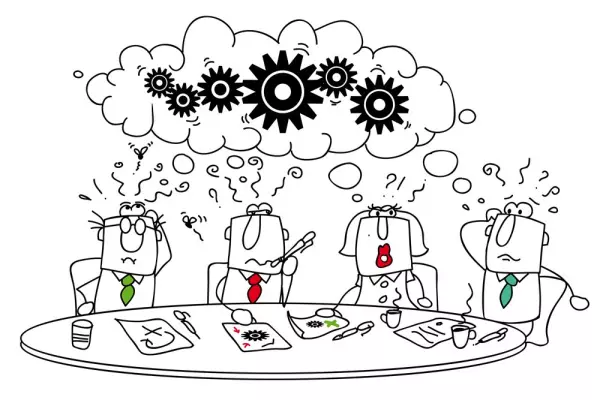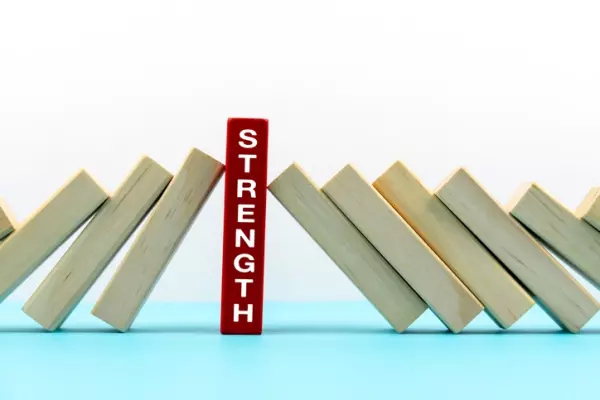If becoming a learning and continuously improving organisation is important to you, an annual reflection is the best Christmas present you can give to your business.
In rapidly changing environments like these, moving forward without deliberate reflection increases the risk of repeating mistakes or leaving successes underutilised.
The best companies and most effective leaders know that reflecting on work and experience increases performance, innovation and relevance.
Above all, it’s critical to engaging and keeping top talent – a key issue facing leadership globally.
So, how do you design an end-of-year reflection (in Agile speak, a “retrospective”) that can be run virtually or in-person, one that will supercharge your team by identifying, celebrating, and doubling down on your core drivers of success.
Some guiding principles
Good reflection doesn’t just dwell on results and actions, but on how change and progress have happened. Are we doing the right things? Are we doing the things right? And, if you really want to level up your reflective practice – what is “right”?
Avoid the natural tendency for reflections to focus on problems. Don't linger on what's broken, but instead look for opportunities to do things differently or better, accentuating existing strengths and capability.
Below are some questions to consider as you start to plan for your own annual reflection.
Share these questions ahead of time with team members so they can review and consider answers before the session – this is great for inclusion and can lead to deeper dialogue during the meeting.
What worked well and what didn’t work well?
A straightforward, open-ended reflective question lets the team highlight their experience of "how" the work gets done. Make the process easy by digging into what the team want to continue doing, or do more of. Consider what’s not quite working, what they need to change or do less of. This line of inquiry lets the team share, acknowledge and celebrate success, while also recognising the reality of any challenges they have faced over the year.
What enabled or blocked us from doing our best work?
This is fundamentally a learning question – it helps you to zoom out and consider what's been going on around you. It's important to acknowledge successes and disappointments, but this question asks the team to look for lessons learned from those experiences.
What systems or structures supported us to achieve our goal? What got in our way, what frustrated or surprised us? What made work more challenging than it needed to be?
What caused us the most tension? How might we manage it better in future?
Here you’re opening an important discussion about wellbeing within the team.
The covid-19 pandemic has brought the relationship between work and wellbeing into clearer focus.
By asking this question, you’re signalling the importance of this issue and giving the team the chance to improve systems and practices to prevent or at least better deal with high levels of stress.
The scope of this is enormous: recent research suggests that only 59% of knowledge workers rate their wellbeing as good or excellent.
What trends did we notice this year?
Ask your team to consider the trends they noticed emerging this year that might have an impact on business in the future, what that might mean, and how you might use that information.
Take a wide lens and consider changes from a political, economic, socio-cultural, technological, legal and environmental perspective. Some areas will be more effective than others depending on your business.
What were each of us most grateful for in 2022 and how can we take that into 2023?
End on a positive note.
This line of questioning lets people express appreciation and can help to create deeper connections within the team and offers opportunities to build and maintain a positive workplace culture.
Turn learning into action
The answers to these questions will help you to set goals for the year ahead.
Make sure your plan of action includes clear items to move forward, a person to "own" them, and a way to measure progress.
Set "Smart" goals – Specific, Measurable, Achievable, Relevant and Time-bound – and schedule regular check-ins to make sure you're using the lessons learned.
Leave space for the unknown. It’s okay to move into 2023 not knowing the answer to everything.
I've had great success (and a lot of fun) running reflections both remotely and in-person with client groups and our own teams.
This year, we’ve put together a toolkit to guide you through your own process, so make the final weeks of 2022 count and click here to find out more.














